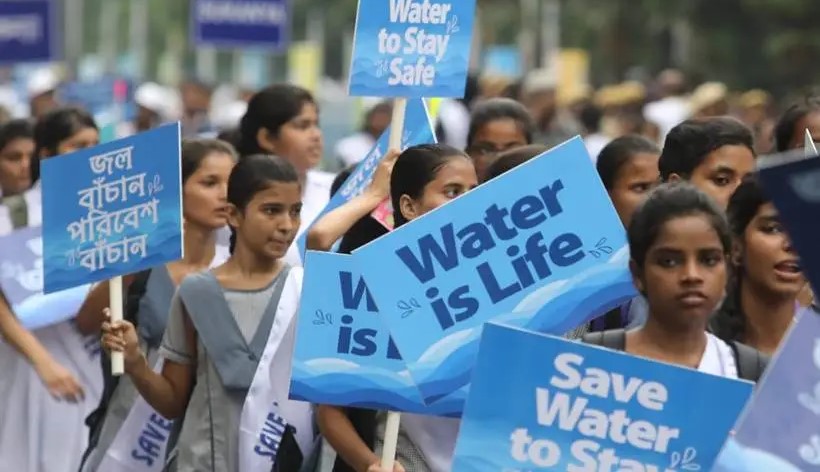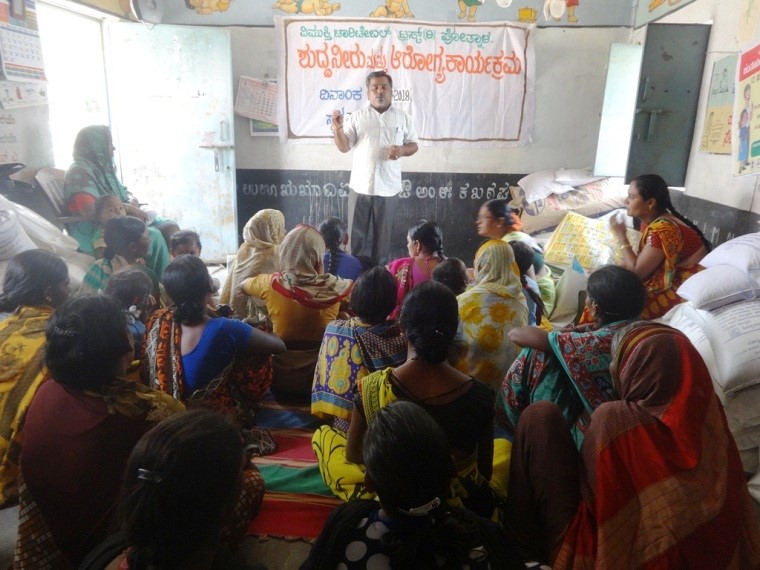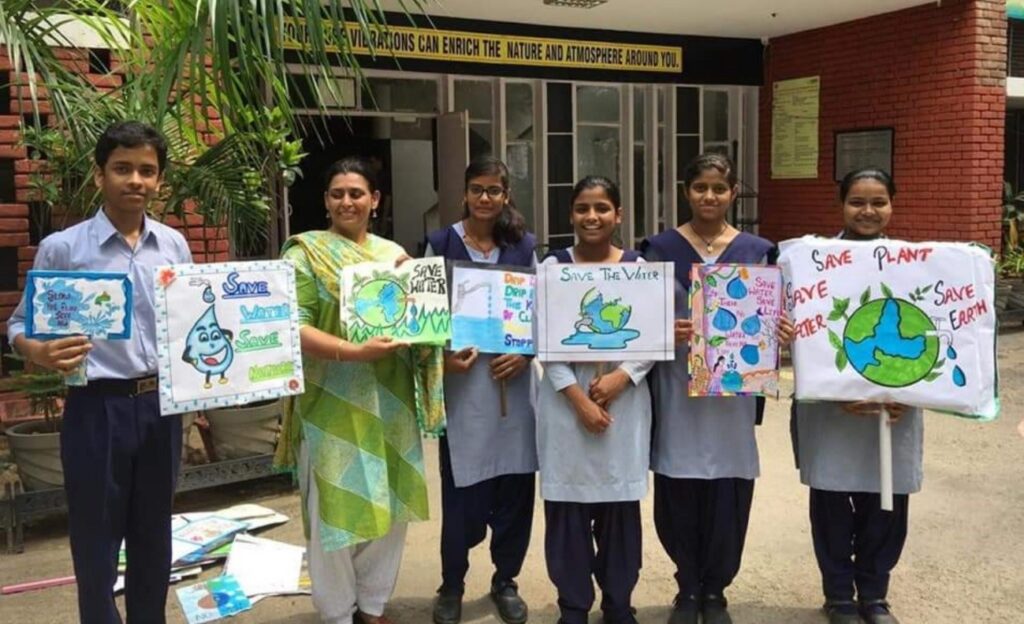
Introduction:
Water is a fundamental resource that sustains life, yet many communities in India face challenges related to water quality and safe storage practices. Access to clean and safe drinking water is not only essential for health but also for overall well-being and economic development. Educating communities about water quality and promoting safe storage practices are crucial steps towards ensuring a healthier future for all.
Challenges in Water Quality and Storage:
In India, water quality issues arise from various sources including contamination from industrial waste, agricultural runoff, and inadequate sanitation facilities. These contaminants can lead to waterborne diseases such as cholera, typhoid, and diarrhoea, posing serious health risks especially in rural and underserved communities. Moreover, improper storage of water in unclean containers or inadequate facilities can further compromise its safety.
Strategies for Raising Awareness:
Community Workshops and Training: Organizing workshops and training sessions at the community level is effective in raising awareness about the importance of water quality. These sessions can educate community members about identifying sources of contamination, understanding health risks, and adopting simple filtration techniques.
School Education Programs: Integrating water quality and sanitation education into school curricula can instill good habits from a young age. Students can learn about the importance of clean water, how to test water quality, and methods for safe storage.
Use of Technology: Leveraging technology such as mobile apps and online platforms can disseminate information rapidly. These tools can provide access to real-time water quality data, tips for safe storage, and connect communities with relevant experts.
Community Engagement and Advocacy: Engaging local leaders, community health workers, and volunteers can amplify awareness efforts. Advocacy campaigns can highlight success stories, promote behavior change, and mobilize resources for improving water infrastructure.

Successful Education and Outreach Programs:
Several initiatives have demonstrated positive impacts in improving water quality and promoting safe storage practices across India:
1. Gram Panchayat-led Initiatives: In Maharashtra, Gram Panchayats have implemented water quality testing programs and community awareness drives. This approach of decentralization guarantees the active participation and ownership of local communities.
2. NGO-Led Campaigns: NGOs like WaterAid India have launched campaigns focusing on behavior change through education and advocacy. These programs emphasize community empowerment and sustainable solutions.
3. Corporate Social Responsibility (CSR) Initiatives: Many corporations have invested in water quality projects as part of their CSR activities. These initiatives often include building water filtration systems, providing clean water access, and conducting educational workshops.
4. Government Schemes: Government schemes such as the Swachh Bharat Mission and Jal Jeevan Mission aim to provide clean drinking water to all households. These initiatives combine infrastructure development with community education to achieve sustainable improvements in water quality.

Conclusion:
Educating communities on the importance of water quality and safe storage practices is essential for achieving sustainable development goals and improving public health outcomes. By employing a combination of educational strategies, leveraging technology, and fostering community engagement, significant progress can be made towards ensuring clean and safe drinking water for all Indians. Successful programs have shown that when communities are informed and empowered, they can take proactive steps to safeguard water resources and enhance their overall well-being. As we move forward, continued collaboration between government agencies, NGOs, corporate partners, and local communities will be crucial in addressing water quality challenges effectively. Together, we can create a future where access to clean water is a reality for every Indian community.


